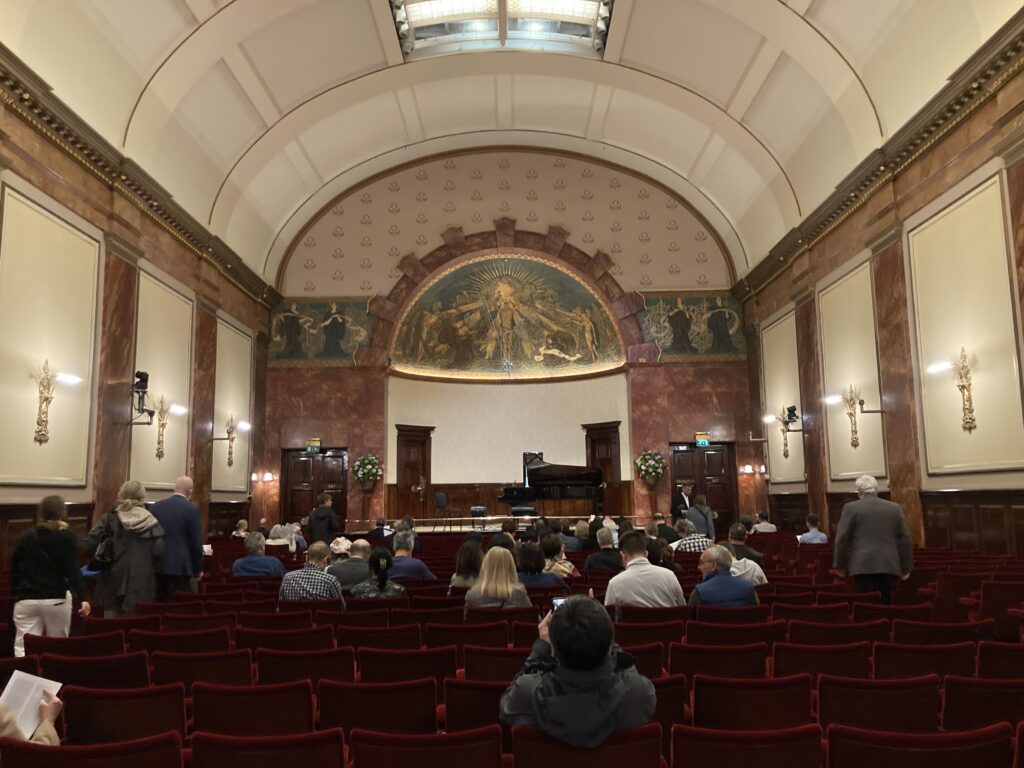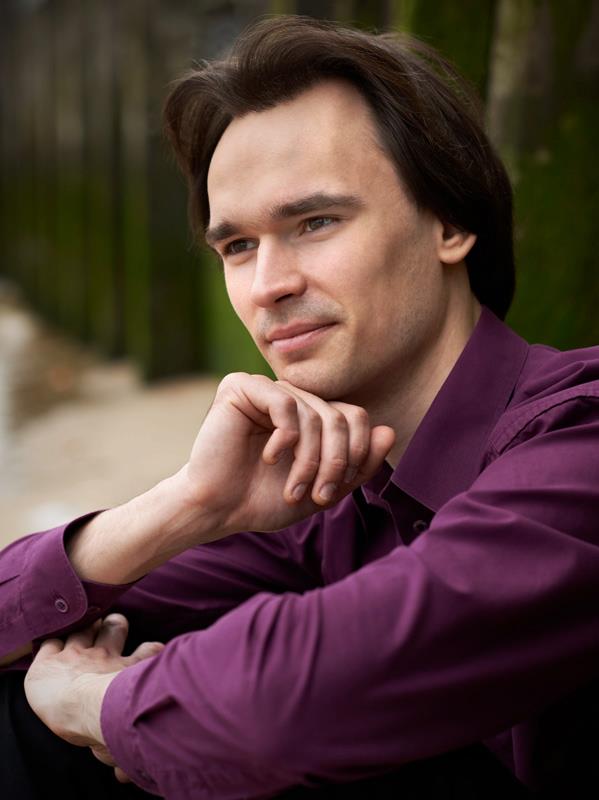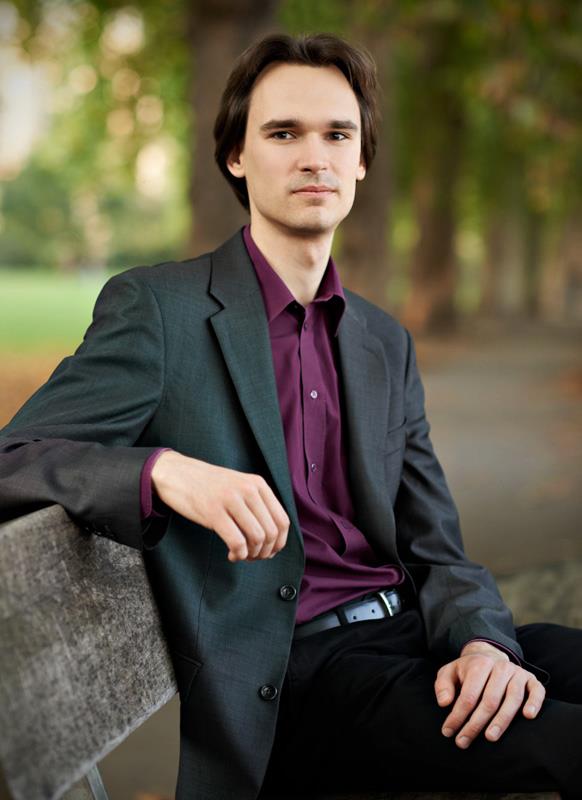Mihkel Poll, who studies at London’s famous Guildhall School of Music and Theatre, has won this year’s Guildhall Wigmore Recital Prize, which is awarded annually to an outstanding Guildhall music student in partnership with the Guildhall School and Wigmore Hall, a leading international recital venue; Estonian World caught up with Poll to talk about his life in London, his role models and future plans.
London’s Wigmore Hall is a leading international recital venue that specialises in hosting performances of chamber music and is best known for classical recitals of piano, song and instrumental music. With near perfect acoustics, the hall became quickly celebrated across Europe, acquiring almost legendary attraction for the greatest artists of the 20th century, such as the composers Sergei Prokofiev and Benjamin Britten.
Mihkel Poll, a 25-year-old Estonian pianist who won this year’s Guildhall Wigmore Recital Prize, became the latest musician to showcase his talent at the historical hall.
The repertoire of the prize-winning solo recital consisted of works by composers from the first half of the 20th century in Central and Eastern Europe – Enescu, Ligeti, Bartók, Ravel, Prokofiev – and judging by the rapturous applause of the London audience, it was a brilliant success.
Several classical music critics in attendance praised Poll’s courage in choosing a relatively challenging programme and predicted a great future for him.
How did you find the Wigmore Hall concert, and was it a slightly special feeling to perform in such a respected venue, where Prokofiev himself performed?
Wigmore Hall is a place with a very special history. Performing here is undoubtedly inspiring, but it also requires a heightened sense of responsibility, because the performer is expected to play in a way that is worthy of tradition. I believe the concert can be considered a success overall. But, of course, it can always be better…

How much do you follow the cultural and concert scene in London, and what is your relationship with other musicians in this competitive city? Do you have a particular favourite venue in London?
London’s cultural scene is definitely exceptional. It has probably the highest concentration and level of cultural events in the world. Almost every night you can listen to some of today’s most prestigious performers, visit a top-class theatre or opera, and enjoy free access to gorgeous art galleries. For me, a visit to the National Gallery is always a positive experience, as is a walk in the parks, which contrast with the hectic city life.
One of the great things about London is that everyone is unreservedly accepted, so there’s no foreigner complex, at least for me. Estonia, like most countries, is treated with friendliness, often even interest. This is also true professionally – when it comes to assessing you as a pianist, nationality plays practically no role.
In a BBC3 radio interview, the well-known British radio journalist Suzy Klein asked why your repertoire is relatively sombre, suggesting that you are too young to remember Estonia’s tragic history first hand. Your stage image is also a bit dramatically black. Is there a particular component you like about the composers whose work you perform?
I wouldn’t want to categorise myself as sombre in any way. My Wigmore Hall solo recital programme consisted of works by 20th-century composers, which on superficial inspection can perhaps really give too stark an impression. But art in the 20th century, like art in any other century, is a creature of its time. If you delve into the work of the composers of that era, the emotional world reveals itself in the same richness as, for example, Bach, Beethoven or Chopin.
Generally speaking, I try to include composers and works in my repertoire with which I feel a close connection; in fact, there is a wide variety of music.

Do you also have any contemporary composers in mind that you would like to perform?
Of the most recent music, the most topical for me in the near future is the work of Estonian composer Helena Tulve, whose Piano Concerto I had the honour of premiering in February 2012 with the Estonian National Symphony Orchestra under the baton of Olari Elts. I think it is important to be open to new works because there is bound to be music being written today that will find a place in the list of undisputed masterpieces a hundred years from now.
Do you have any contemporary pianists from around the world as role models?
As far as pianistic role models are concerned, my preferences generally tend to go back to the last century, when art was less burdened by the obligation to try to compete with entertainment and mediocre standards but had the luxury of having untouchable and uncompromising ideals. At least that is how it seems to me. Among contemporary pianists, I really like Martha Argerich, Grigory Sokolov, as well as Ivari Ilja.

What are your plans in terms of conquering the world?
First and foremost, it’s important to constantly evolve as a musician. To practice, to reflect and to seek deeper contact with the infinite riches of art. Most of what goes beyond the core activity depends largely on chance and luck.
So, it is very difficult to make clear-cut plans. I try to play as well as I can at every concert and hope that the future will create enough opportunities to make a difference.

